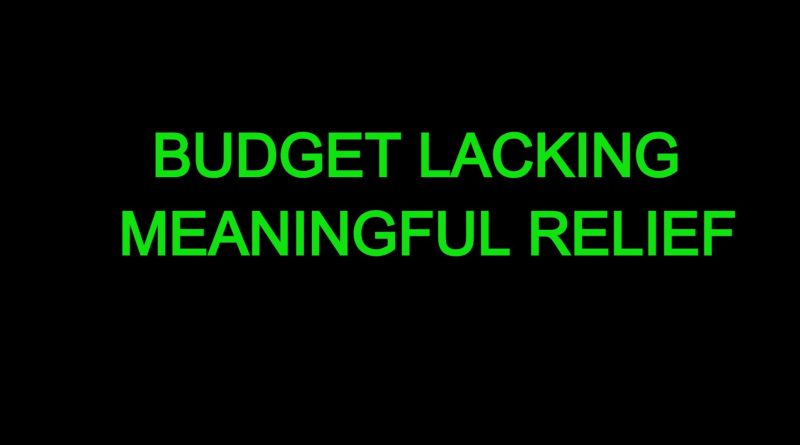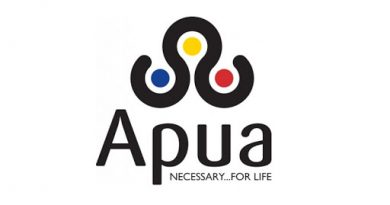Critics say budget lacks relief measures for the people and will pauperize them, instead, as other taxes are being increased
With the budget lacking meaningful relief for the citizens of Antigua
and Barbuda – when compared to the St. Kitts and Nevis budget –
what has been presented, instead, is a budget that seeks to
pauperize the people through a set of fiscal measures, critics are
saying.
Finance Minister Prime Minister Gaston Browne says the measures
being introduced in 2024 are to strengthen the Government’s
revenue collection; reduce distortions in the tax system; and
improve taxpayer compliance.
Some of the measures outlined include a reduction in tax
concessions, especially discretionary exemptions – a promise
made in previous budgets, but apparently not followed through.
Browne says his administration recognizes that concessions and tax
incentives are required to encourage investments in new projects
and major commercial expansions.
Accordingly, he says the Government will continue to provide them
as required and in accordance with the Antigua and Barbuda
Investment Authority (ABIA) Act and the Small Business Development
Act.
But, he says, “for ongoing routine business operations – to include
consumables – these concessions will be discontinued.”
Another noose around the necks of the people, critics say, is an
increased tax rate on properties valued at $3 million or more.
There will also be a 10 percent excise tax (sin tax) on alcohol,
tobacco, and cannabis products, while the Money Transfer Levy
will increase from 2 to 5 percent, as well.
The Browne Administration will also be broadening the base of
the Antigua and Barbuda Sales Tax (ABST) by enhancing the list
of services that would attract the tax – including online
streaming services.
According to the finance minister, the Government will also end the
concessionary ABST rate applicable to several transactions, most
notably within the tourism sector.
“Increasing the ABST rate from 15 percent to 17 percent and
applying this rate to the tourism sector, which currently attracts a
rate of 14 percent,” is another tax measure, Browne says.
The cost of living and inflation are already high; however, although
there may be a nominal impact on prices because of the rate
adjustment in the ABST, Browne says the change will not affect a
wide selection of food and other essential items.
“Already, many of the basic food items we presently consume are
zero-rated, so consumers do not pay ABST on them,” he says.
He listed some of the zero-rated items, including most fruits and
vegetables, including – but not limited to – bananas, oranges, grapes,
potatoes, broccoli, cauliflower and lettuce; baby products; dry goods
and oils to include pasta, sugar, corn meal, flour, rice, and cooking
oils; chicken, fish, locally produced meats, and eggs; canned sardines
and tuna; bread; cereals, cheese and milk; water; medicine,
pharmaceutical supplies, and adult diapers.
According to the prime minister, exempt supplies for use in the
agriculture and fisheries sectors will not be affected by the change in
the ABST rate, either.
He says that the Government, through the Ministry of Finance; the
Prices and Consumer Affairs Division; the Customs and Excise
Department; and other critical stakeholders, will monitor prices as
the revenue reforms are implemented.
Additionally, Browne claims that the basket of essential goods and
the list of price-controlled items are being reviewed, and
recommendations will be made to the Cabinet for appropriate
adjustments.
“The intention is to minimize the price effect on basic and essential
goods and ensure timely interventions are made to cushion any
impact on vulnerable groups in society,” he says.




